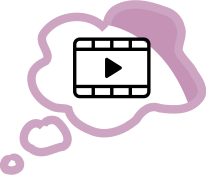Ten best argumentation to transform into cartoons
Here are notes about what stories we will use to design cartoons. 1 Your first collaborator is yourself, and your past self does not answer emails Documentation is key if you want others (i.e. you in two years) to understand what you did. S1: I have a collaborator that will analyse the data and write the paper, but he is not allowed to ask me any question. S1: Can you check if my explanations will be sufficient for her to do his job.


